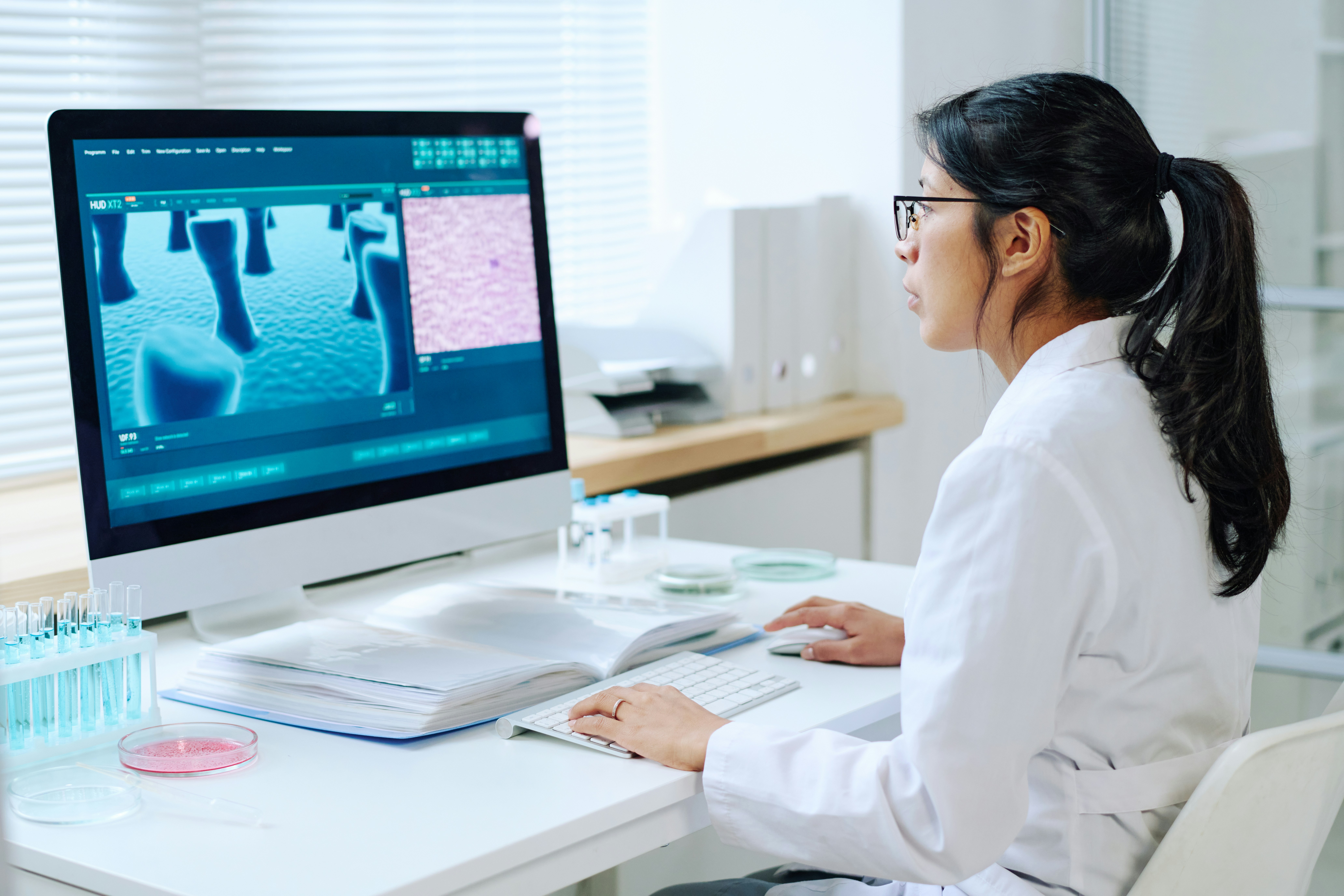
Medical technology has evolved rapidly in recent years, reshaping how doctors diagnose and treat patients. These advancements have led to more accurate diagnoses, faster treatments, and improved patient outcomes. From artificial intelligence (AI) to advanced imaging systems, the medical field has been transformed by technology. Let’s take a closer look at how medical technology is revolutionizing healthcare.
The Rise of Artificial Intelligence in Healthcare
Artificial intelligence is one of the most significant technological advancements in modern healthcare. AI systems can now analyze vast amounts of medical data, such as images, lab results, and patient histories, to identify patterns that may not be obvious to the human eye. For instance, AI-powered algorithms can help doctors detect early signs of cancer or heart disease, even before symptoms appear.
AI has also played a pivotal role in medical imaging. Systems like deep learning algorithms can analyze MRI scans, X-rays, and CT scans much faster than a radiologist could, while maintaining high accuracy. This speeds up the diagnostic process and reduces the chance of human error.
Telemedicine: Bridging the Gap Between Patients and Healthcare Providers
Telemedicine has surged in popularity, especially since the COVID-19 pandemic, and continues to be a game-changer in the medical field. It allows patients to consult with healthcare professionals remotely through video, phone, or messaging. This eliminates the need for patients to travel long distances for basic consultations.
Telemedicine offers many benefits, including convenience, accessibility, and cost savings. It’s particularly helpful for people in rural or underserved areas with limited healthcare access. In addition, telemedicine enables faster follow-ups and continuous monitoring of patients, making it easier for doctors to track recovery and prevent complications.
Wearable Technology: Monitoring Health in Real-Time
Wearable devices like smartwatches and fitness trackers have gained significant traction recently. These gadgets monitor vital signs, such as heart rate, blood pressure, and sleep patterns, offering patients and doctors valuable insights into their health. Some advanced wearables detect irregularities, such as an abnormal heart rhythm, and alert the user or healthcare provider.
These devices provide real-time data, allowing for more personalized treatment plans. For example, individuals with chronic diabetes can use wearable devices to monitor their blood sugar levels and adjust medication accordingly. Wearables also enable doctors to monitor their patients remotely, improving patient outcomes and reducing hospital visits.
Robotics: Enhancing Precision in Surgery
Robotic technology has revolutionized the way surgeries are performed. Robotic-assisted surgeries, such as those using the da Vinci Surgical System, offer precision and control that human hands cannot achieve. These systems allow surgeons to perform minimally invasive procedures with smaller incisions, which leads to less pain, quicker recovery times, and fewer complications.
Robotics has also improved outcomes in complex surgeries, such as those involving the spine or brain. The precision of robotic tools allows surgeons to operate with greater accuracy, reducing the risk of damaging healthy tissue. Furthermore, robotic systems can work with AI to assist in diagnosing and planning surgeries, making the process more efficient and effective.
The Future of Medical Technology: Personalized Medicine
PersonalizedPersonalized medicine is likely the next frontier in healthcare. With the advent of genetic testing and molecular diagnostics, doctors can now tailor treatments based on an individual’s unique genetic makeup. This can lead to more effective treatments with fewer side effects.
For example, genetic testing can help identify the specific mutations causing the disease in cancer treatment. This allows targeted therapies that attack cancer cells more precisely, rather than traditional chemotherapy, which can affect both healthy and cancerous cells. Personalized medicine promises to create customized treatment plans for each patient, improving the likelihood of successful outcomes.
Medical technology is rapidly changing the face of diagnosis and treatment. The healthcare field has seen remarkable innovations, from AI-driven diagnostics to robotic surgeries and telemedicine. We can expect even more breakthroughs in personalized medicine, wearables, and other areas as technology advances. These advancements improve patient care and make healthcare more accessible and efficient. As a result, patients can look forward to faster diagnoses, more effective treatments, and improved overall health outcomes. The future of medicine is bright, thanks to the power of technology.